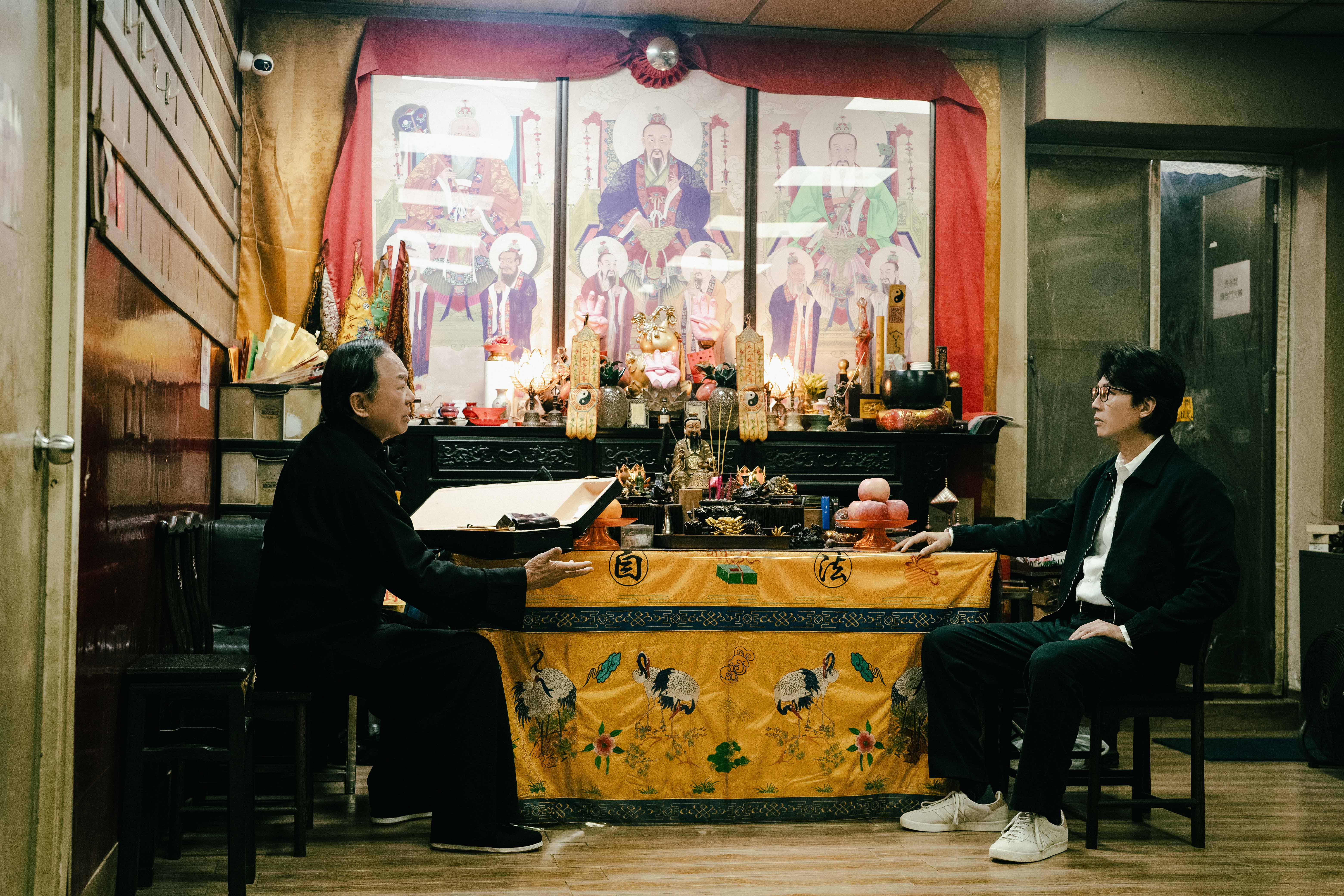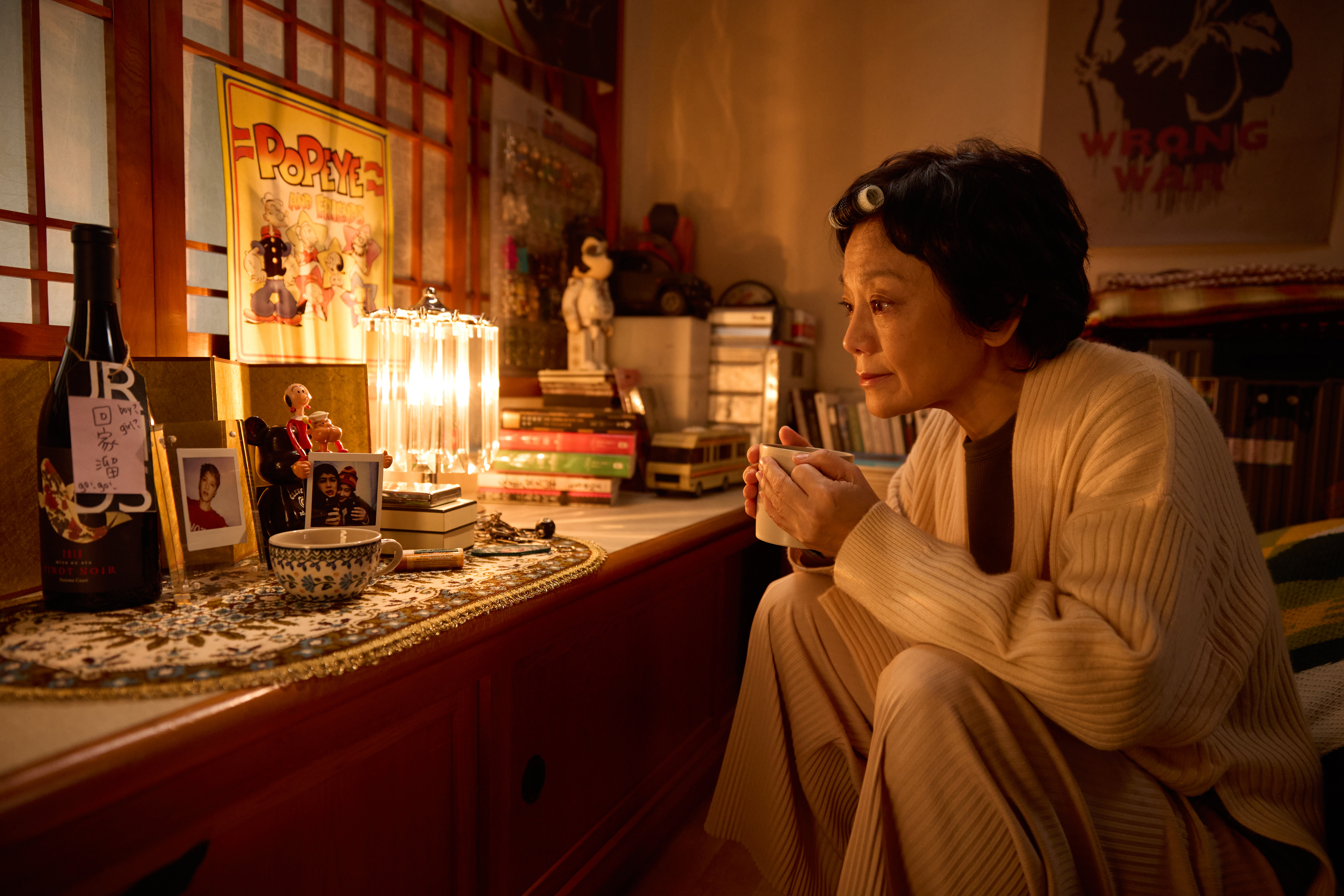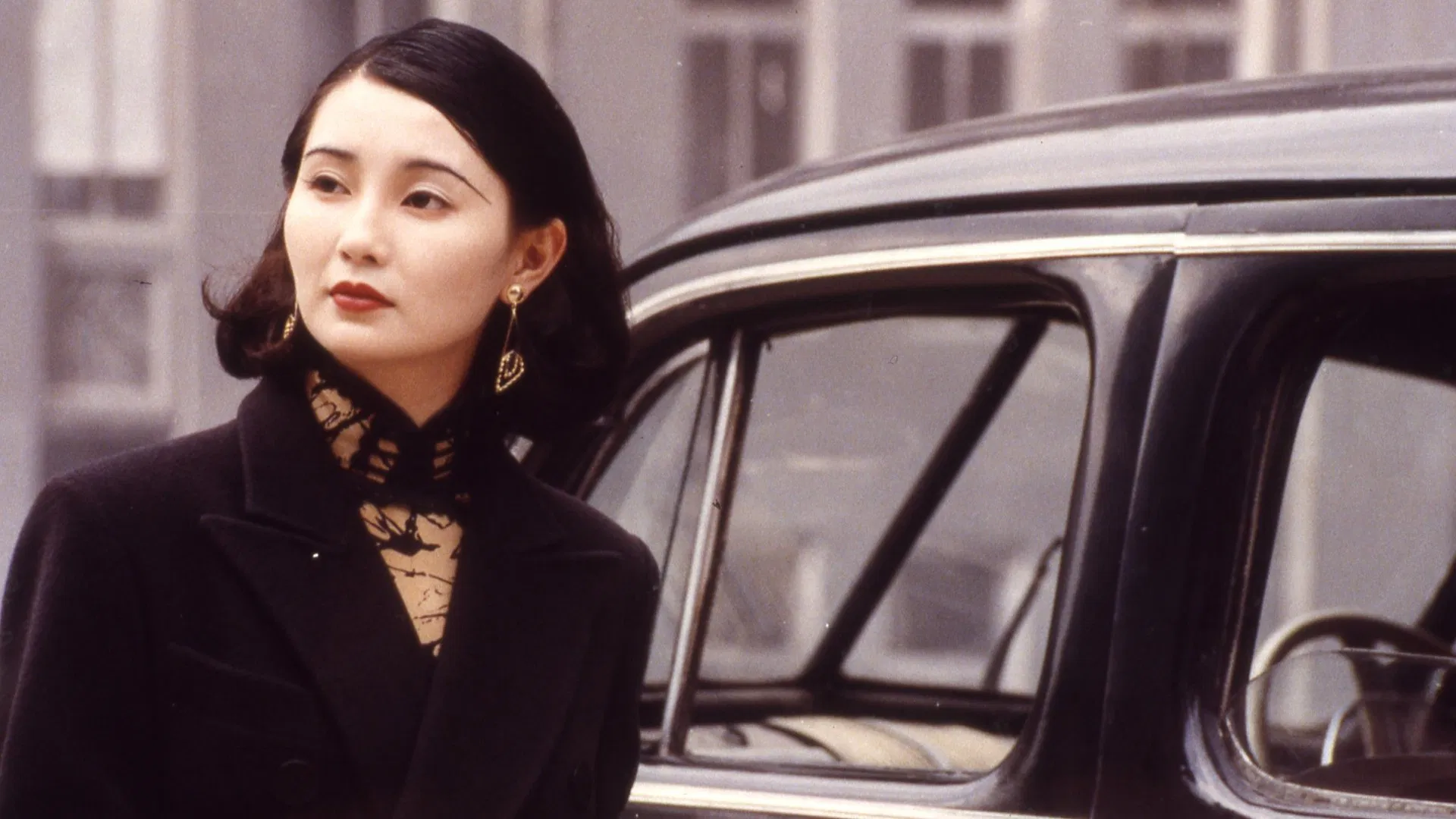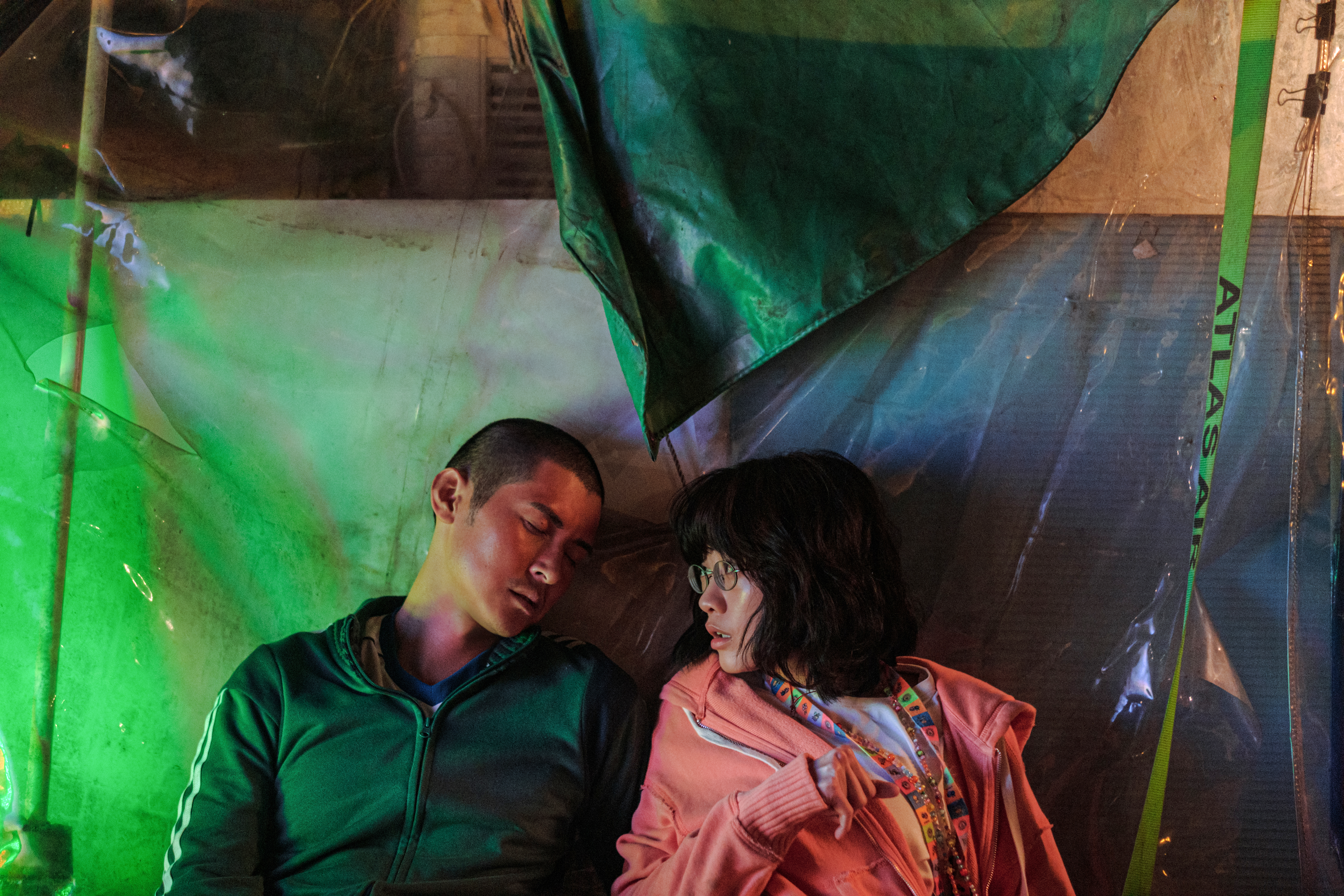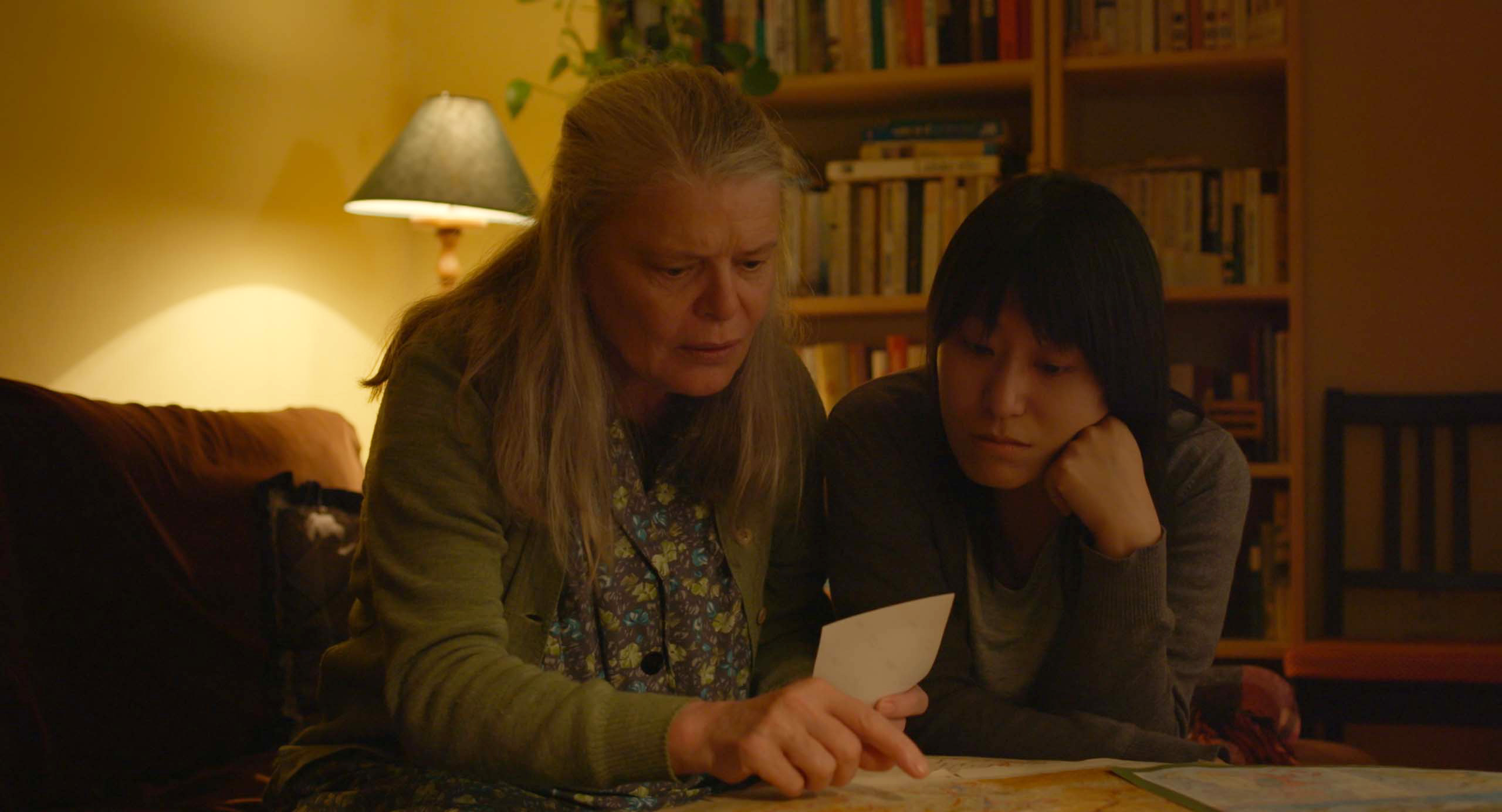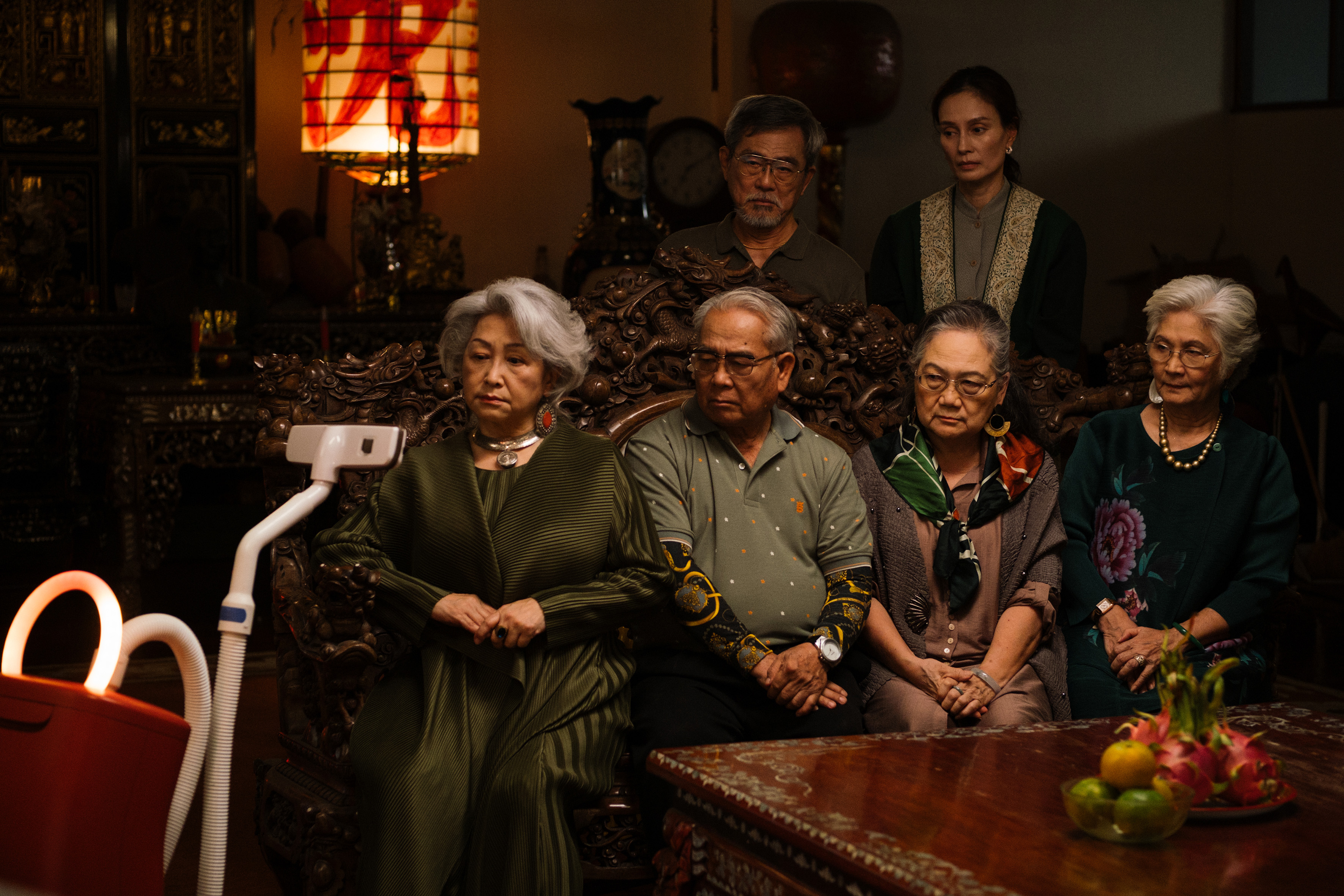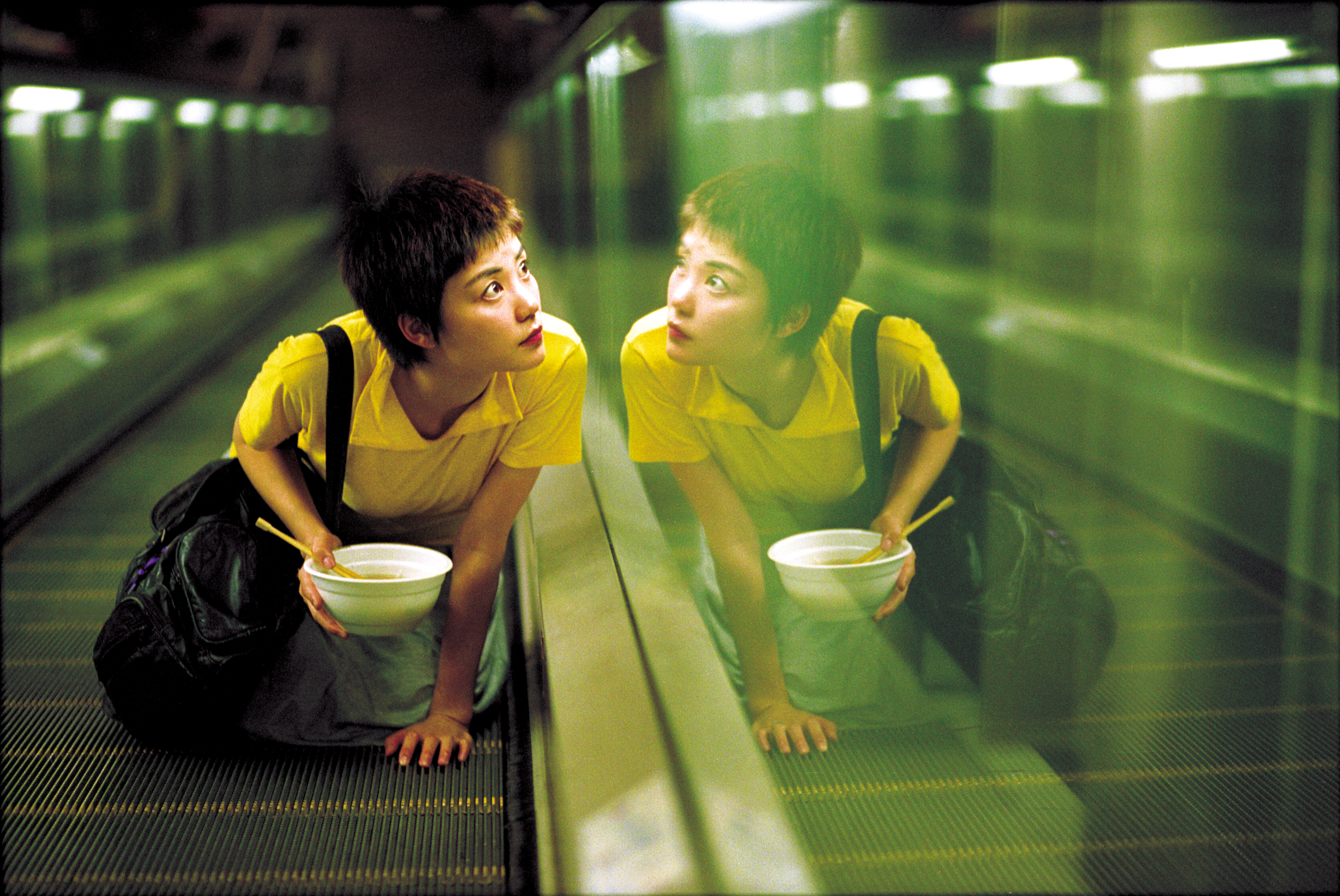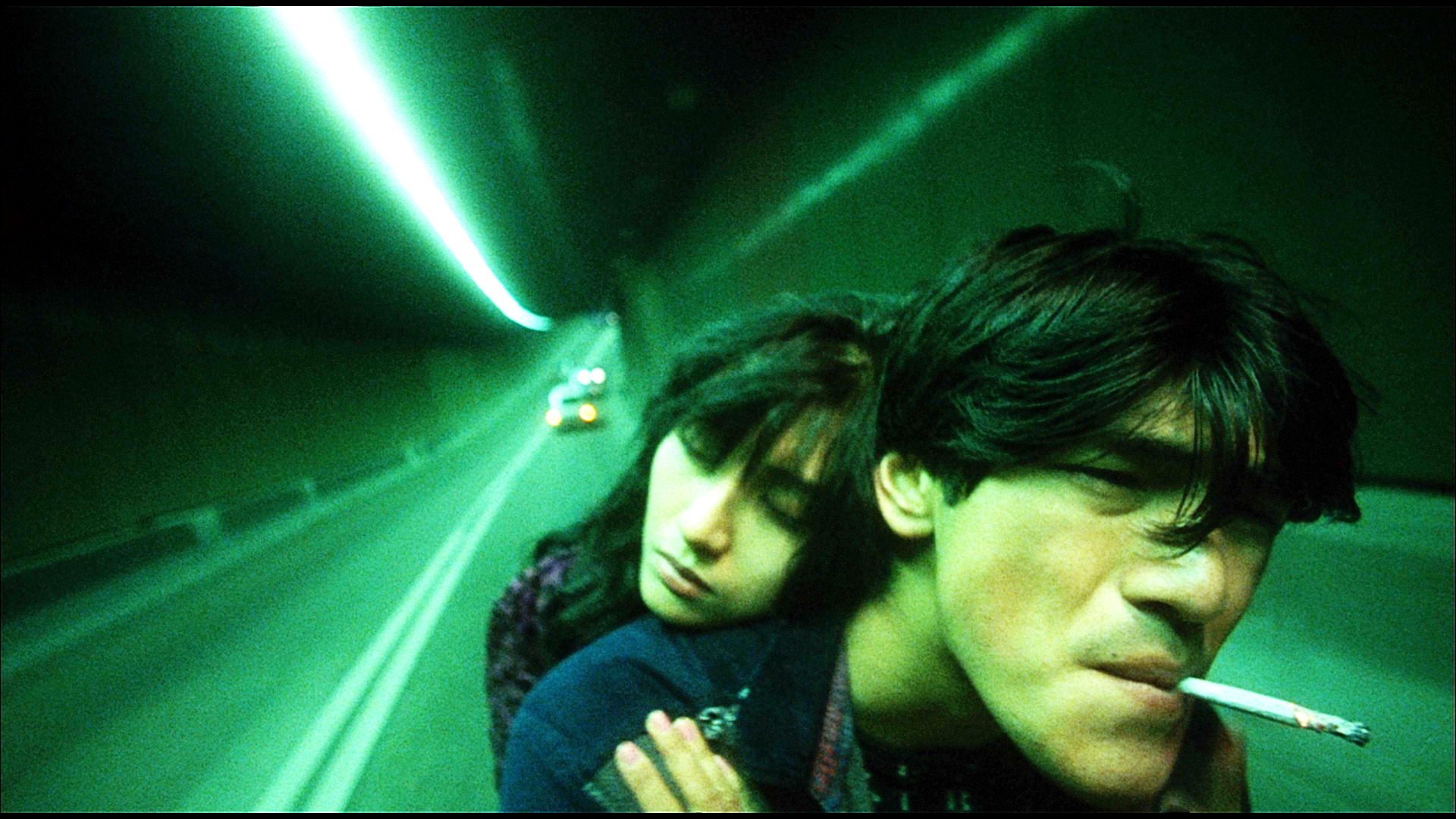破·地獄
Drama
Hong Kong
Language: Cantonese
Subtitles: English and Czech
Directing: Anselm Chan
Starring: Dayo Wong, Michael Hui, Michelle Wai, Chu Pak Hong
Distributor: Emperor Motion Pictures
Opening ceremony of the 21st FILMASIA festival in the theme of TWISTS AND RETURNS.
The pandemic lockdown has affected the lives of millions of Hong Kong residents. Among them is Dominic (Dayo Wong), an ambitious businessman who takes over as a director of a funeral home. However, his modern approach to a dignified farewell is met with resistance from Man, a conservative Taoist monk (Michael Hui). Their disagreement gives rise to a story about a profound conflict between tradition and the present, searching for understanding between diverse value systems and generations.
Comedy director and screenwriter Anselm Chan, known for his sense of humor and natural dialogue, subtly brings his signature style to this intimate and emotionally intense drama. Without a moment’s hesitation, he guides the audience through a complex clash between two men whose dispute impacts themselves, as well as all those around them. The director is not the only one stepping out of his usual genre comfort zone. Dayo Wong, master of Hong Kong humor and spiritual successor to Stephen Chow, delivers one of the most powerful dramatic performances of his career. Equally convincing is Michael Hui, a legend of crazy comedies, who once again proves his extraordinary acting range.
The Last Dance demonstrates the extraordinary flexibility of Hong Kong cinema and its actors. Three comedy legends join forces to create a nuanced and emotionally layered story that draws with respect on the traditions of social drama and, on top of that, is breaking box office records.

